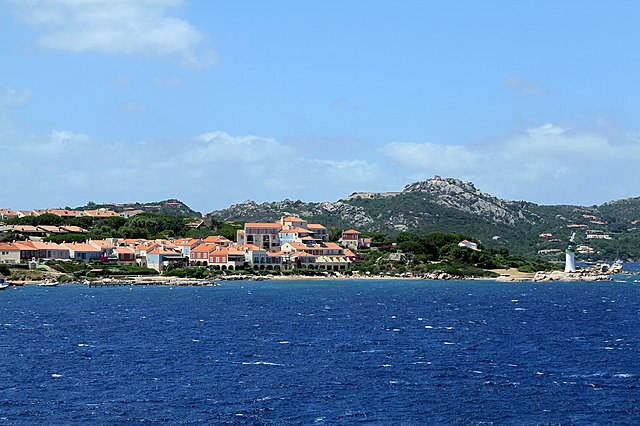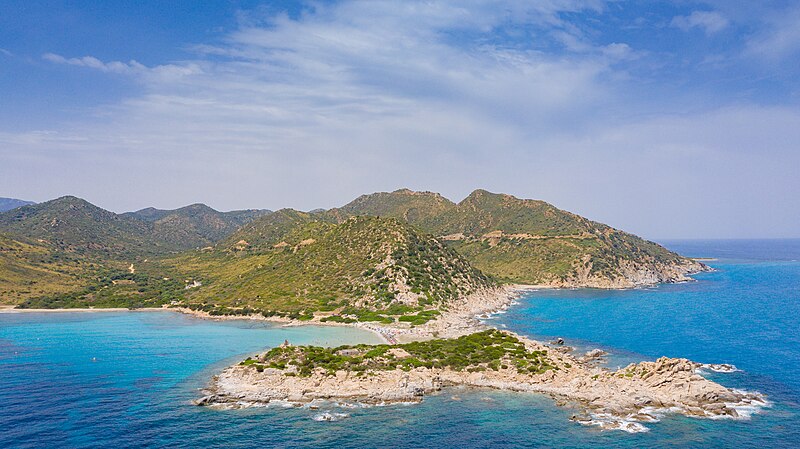
Through the generosity of the late Professor Benedict Anderson and Ajarn Charnvit Kasetsiri, the Thammasat University Library has acquired some important books of interest for students of Association of Southeast Asian Nations (ASEAN) studies, political science, literature, and related fields.
They are part of a special bequest of over 2800 books from the personal scholarly library of Professor Benedict Anderson at Cornell University, in addition to the previous donation of books from the library of Professor Anderson at his home in Bangkok. These items are shelved in the Charnvit Kasetsiri Room of the Pridi Banomyong Library, Tha Prachan campus.
Among them is a book useful for TU students interested in history, political science, sociology, linguistics, and related subjects.
The modern prince, and other writings is by Antonio Gramsci.
It joins other books by and about Gramsci in the TU Library collection.
Gramsci was a philosopher, linguist, and author born in Sardinia, Italy. He studied at the University of Turin. Gramsci wrote about philosophy, political theory, sociology, history and linguistics.
He was inspired by such authors as Niccolò Machiavelli, Vilfredo Pareto, Georges Sorel and Benedetto Croce, who are represented in the TU Library collection.
Gramsci’s subject matter included Italian history and nationalism, the French Revolution, fascism, civil society, folklore, religion and high and popular culture.
One of his theories described how the state and ruling capitalist class use cultural institutions to maintain power in capitalist societies.

Thailand and Gramsci
Gramsci’s thinkings have been used by political scientists to try to better understand the history of Thailand.
An article published in the Autumn 1984 issue of Pacific Affairs, a Canadian peer-reviewed scholarly journal that publishes academic research on contemporary political, economic, and social issues in Asia and the Pacific, is entitled Thailand in Gramscian Perspective.
Its author is Dr. John Girling, an eminent scholar of Southeast Asian and Thai Studies at the Australian National University.
The TU Library owns a number of books by Dr. Girling.
As a memorial article published in 2015 when Dr. Girling died notes,
John and Nina lived for five years in Bangkok during the early 1960s and fell in love with Thailand. He subsequently adopted Thailand as the country for his further study and began to learn Thai as his fifth language as a window to his understanding of Thailand’s politics, society and culture.
With his analytical mind and propensity for writing, John published a book, Thailand: A Political, Social and Economic Analysis, in 1963 under the nom de plume of “D. Insor” (literally meaning “pencil”) while at SEATO.
The book bore fruit in his continued interest in Thailand and the region and his profound analysis of Thailand’s society and politics in the following years.
After his posting in Bangkok, John went back to work with the Foreign Office for a few years. He was then offered a senior research fellow position in the ANU’s Department of International Relations, Research School of Pacific Studies, and joined the school in early September 1966. His work there was focused on international relations, political science and regional security. In addition to completing his PhD, he wrote a number of articles about the US role in regional security in south-east Asian countries, including Laos, Vietnam and Cambodia. This led him to anticipate the US’ ultimate defeat in the Vietnam War.
In 1981, he published a major work, Thailand’s Society and Politics, which is still, according to a high-profile Thai academic, “one of the best books about Thailand”.
John’s inquiring mind did not stop at the boundary of academic disciplines. During the mid-1980s his academic interests broadened to include development theories and issues concerning Third World countries in south-east Asia in general and Thailand in particular.

In his article in Pacific Affairs, Dr, Girling observes,
Though grounded in the realities of the capitalist economic system, Gramsci’s major theoretical concern is the role of politics and culture. For the people of a given society, he argues, “culture” provides a meaningful conception of their world and their place in it-that is, it denotes rules or norms of behavior corresponding to that conception. It is his emphasis on culture, in the broad sense, that makes Gramsci such a remarkable, and even intriguing, figure-and renders his theoretical insights so broadly relevant. My purpose in this essay is to demonstrate the importance of these insights for an understanding of political and social change in Third World countries, and specifically Thailand. Cultural conceptions and norms underlie two of Gramsci’s major contributions to the analysis of society: the linked notions of “hegemony” and “domination”; and the importance of “civil society,” by which Gramsci means institutions and associations operating at an intermediate level between the economic structure, on the one hand, and the state apparatus, on the other. Such institutions notably include labor unions, the press, schools and universities, courts of law and, above all, political parties. For Gramsci, this intermediate cultural level of social action affects both the direct impact of class rule, in terms of economic interests, and the state’s need to rely on force to maintain its control. It also forms the basis for “hegemony”-the exercise of leadership with popular consent. Conversely, the outright use of force by the economic or political power-holders is called “domination.” Gramsci’s elaboration of these concepts is derived from his own fateful experience of the rise of fascism in the Italy of the 1920s and, even more significantly, the consolidation of fascist power during the following decade…
The Italy of Gramsci’s reflections may be seen as a model (whether or not fascism of the Italian type is the outcome) for analyzing countries of the Third World. Like Gramsci’s Italy, the latter are developing from traditional or mixed societies into modern industrialized ones. In both early twentieth-century Italy and in the present-day Third World we find the dichotomy of industrial and agrarian sectors; the ambiguity of the peasantry, conservatively attached to the ownership of land but capable of becoming a revolutionary force if deprived of it; the persistence of “feudal” ways of thought and behavior; and the crucial role of the state, especially where the institutions of “civil society” are either immature or inadequate to play a leading role. Such characteristics apply with particular force to contemporary Thailand. Indeed, I would argue that Gramsci’s reflections on his own “transitional” society, and his linked conceptions of hegemony and domination, culture and civil society, can provide major insights into Thailand’s present situation and its prospects. Without taking into account cultural values and historical experience, how, in the first place, can we understand the persistence of the Thai “bureaucratic polity” throughout most of this century? I refer to Riggs’ thesis that the locus of political power is the military and civilian bureaucracy, and not the parliamentary arena. Politics reflects struggles for power within the bureaucracy.
A more recent analysis of Thailand from a Gramscian perspective is by Daniel Mattes, then a graduate student at the London School of Economics and Political Science, in a February 2014 issue of New Mandala, a publication focusing on politics and societies of Southeast Asia.

(All images courtesy of Wikimedia Commons)
